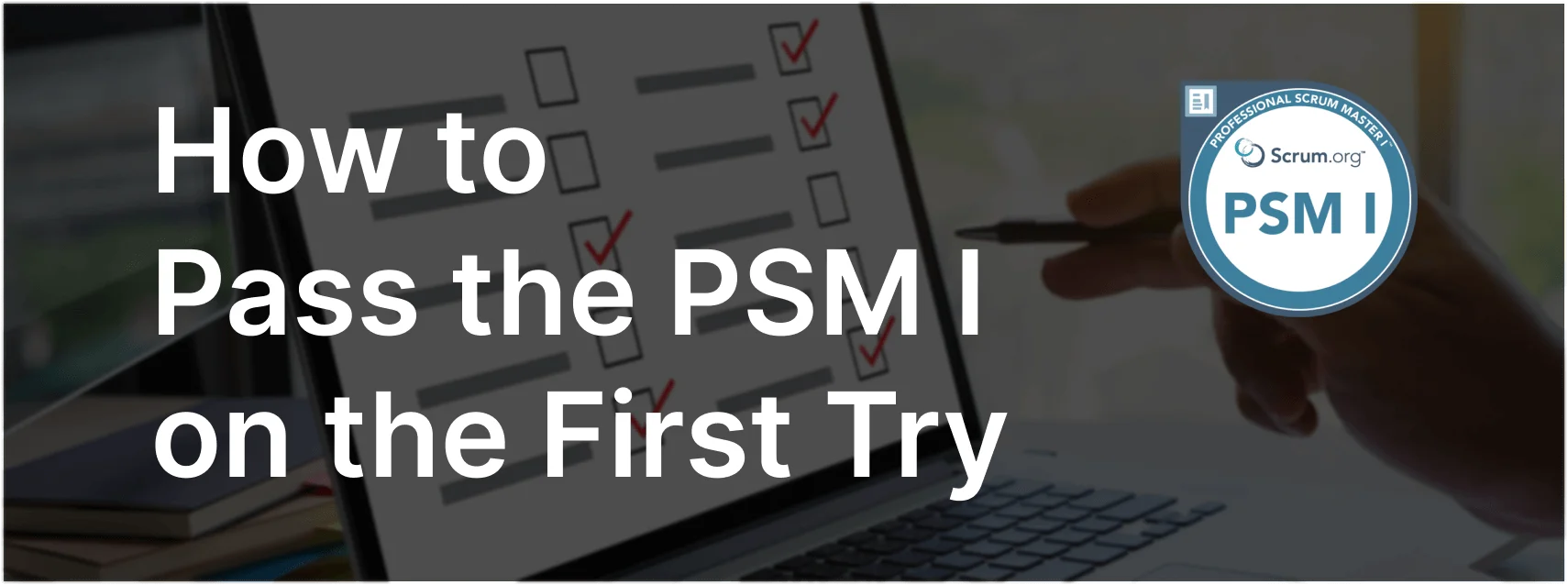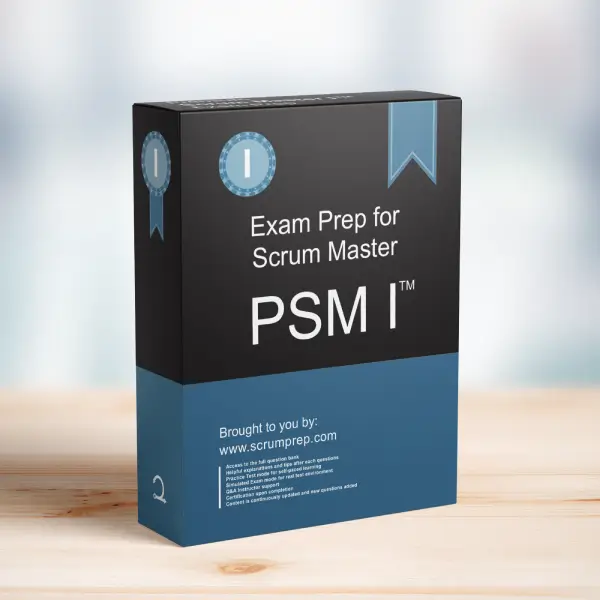Handling User Documentation in Scrum Without a Technical Writer
In Scrum, ensuring all aspects of the Definition of Done, including user documentation, is crucial. But what happens when your team lacks a dedicated technical writer?
Exam Question
User documentation is part of your Definition of Done. However, there are not enough technical writers for all teams. Your Scrum Team does not have a Technical Writer. What should the Scrum Team do? (choose the best answer)
- A. Form a separate team of technical writers that will work on an on-demand basis for the various Product Owners. Work order will be first in, first out.
- B. The Developers on the Scrum Team should write the user documentation.
- C. Wait until you have a technical writer on your Scrum Team to take care of this.
- D. Let the user documentation remain undone and accumulate until after the last development Sprint. It will be then done by any available technical writers.
Correct Answer
B. The Developers on the Scrum Team should write the user documentation.
Explanation
Why B is Correct
B. The Developers on the Scrum Team should write the user documentation:
In Scrum, the team is responsible for completing all work necessary to meet the Definition of Done, which includes user documentation. This responsibility falls on the Developers when a technical writer is not available. This approach ensures that the documentation is completed concurrently with the development work, maintaining the integrity and completeness of the Increment.
Why A, C, and D are Incorrect
A. Form a separate team of technical writers that will work on an on-demand basis for the various Product Owners. Work order will be first in, first out:
Forming a separate team for documentation can create dependencies and bottlenecks, contradicting the cross-functional nature of Scrum teams that aim to minimize dependencies.
C. Wait until you have a technical writer on your Scrum Team to take care of this:
Waiting for a technical writer delays the documentation and violates the principle of having a potentially shippable Increment at the end of each Sprint.
D. Let the user documentation remain undone and accumulate until after the last development Sprint. It will be then done by any available technical writers:
Accumulating undone work until the end of the project goes against the principles of incremental and iterative delivery. This approach can also lead to inaccuracies and missing context in the documentation.
Key Points
- Cross-Functionality: Scrum teams are cross-functional and responsible for all aspects of product development, including documentation.
- Definition of Done: Ensuring that all criteria of the Definition of Done are met within each Sprint is crucial for delivering potentially shippable Increments.
- Accountability: Developers are accountable for all work necessary to meet the Definition of Done, ensuring that no part of the Increment is left incomplete.
Responsibilities in Scrum
- Product Owner: Ensures the Product Backlog is ordered and refined to maximize the flow of value.
- Scrum Master: Facilitates the Scrum process, removes impediments, and coaches the team to adhere to Scrum principles.
- Developers: Collaborate to complete all tasks necessary to deliver a potentially shippable Increment, including writing user documentation when required.
Relevance to the PSM I Exam
Understanding how to handle documentation and other aspects of the Definition of Done without dedicated resources is crucial for the PSM I exam. This knowledge reinforces the principles of cross-functional teams and shared accountability within Scrum.
Conclusion
When faced with the absence of a technical writer, the Developers on the Scrum Team should take responsibility for writing user documentation. This approach ensures that all elements of the Definition of Done are met, maintaining the integrity and completeness of each Increment.
For comprehensive preparation and practice exams, check out PSM I Exam Prep to enhance your understanding and application of Scrum principles.



